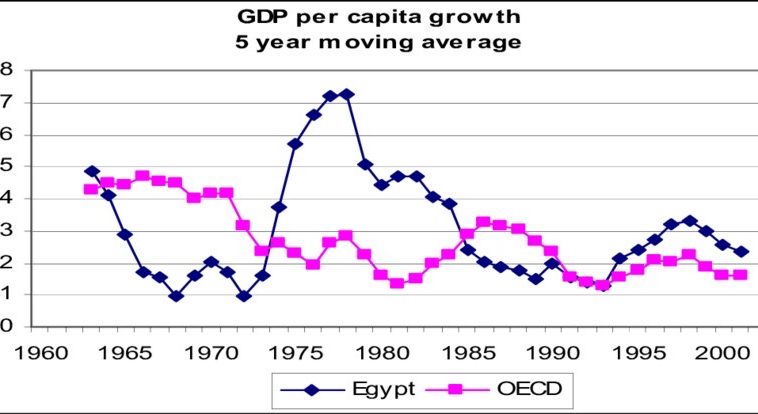The deceleration in global trade has cast a shadow on economic growth in Africa, primarily due to diminished demand from major importers of African exports and stagnant prices for the continent’s raw materials and goods. Despite the overall low intra-African trade, which remains below 15%, notable regional disparities persist.
East and Southern Africa stand out with relatively higher levels of intra-regional trade, accounting for almost 30% of exports within these subregions. This is in contrast to other parts of the continent, where trade orientation is more externally focused.
Ngozi Okonjo-Iweala, Director-General of the World Trade Organisation, recently tempered optimism for global trade in 2024. She cited factors such as weaker global economic growth, escalating geopolitical tensions, and disruptions in crucial waterways like the Red Sea, Suez Canal, and Panama Canal. Speaking at the World Economic Forum in Davos, Okonjo-Iweala underscored the impact of recent events, including the October Hamas attack on Israel and subsequent conflicts in Gaza.
Initially projecting a 3.3 percent growth in trade for 2024, the WTO head cautioned that future forecasts might reveal a lower figure due to increased uncertainties and risks. Ongoing Red Sea attacks by Yemeni rebels and a severe drought affecting the Panama Canal have further complicated global trade routes. Revised estimates for the year are expected in about a month.
In response to the challenges in intra-African trade, the African Continental Free Trade Area (AfCFTA) has emerged as a pivotal initiative. Aiming at fostering economic integration and enhancing trade within the continent, AfCFTAseeks to establish a unified market for goods and services.
In 2024, Ngozi Okonjo-Iweala, as the Director-General of the World Trade Organisation, can play a crucial role in advancing intra-trade relations in Africa. Encouraging African countries to participate in and strengthen regional trade agreements, facilitating dialogue and negotiations to address barriers, and supporting initiatives that enhance the capacity of African nations in international trade, including investments in infrastructure development, logistics improvement, and trade facilitation measures, will contribute to making intra-African trade more seamless.


